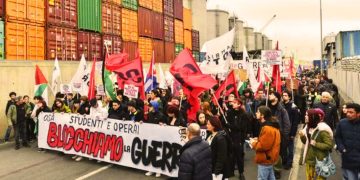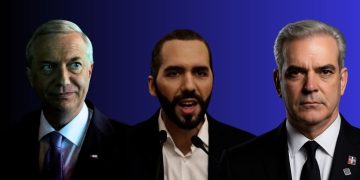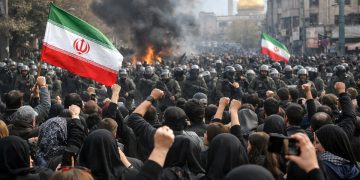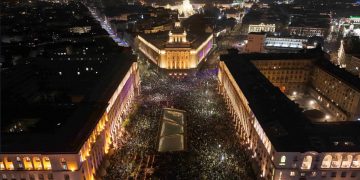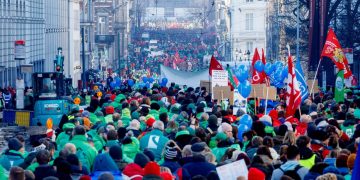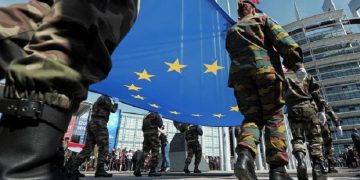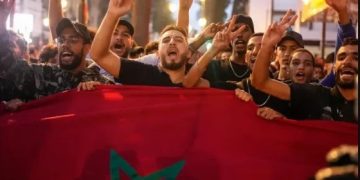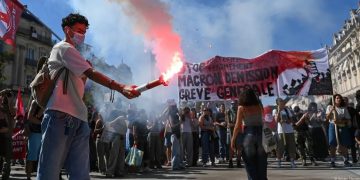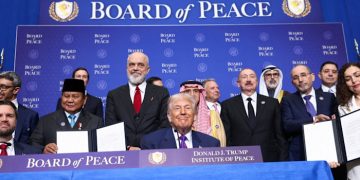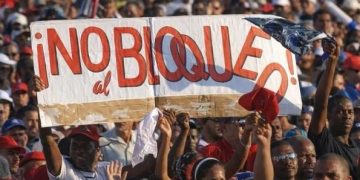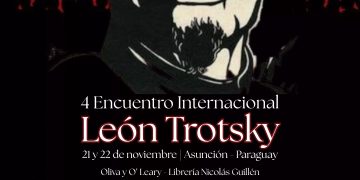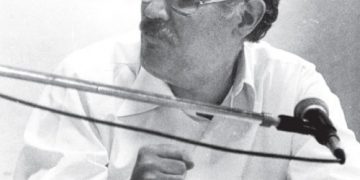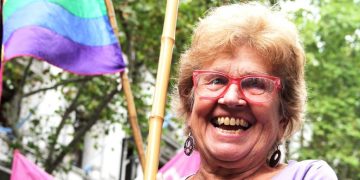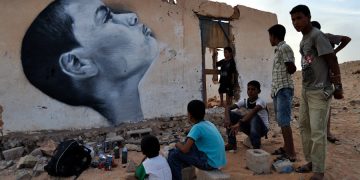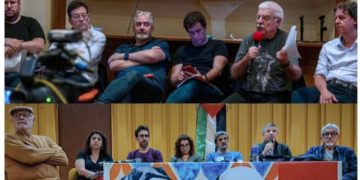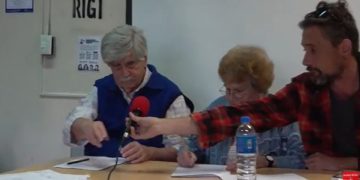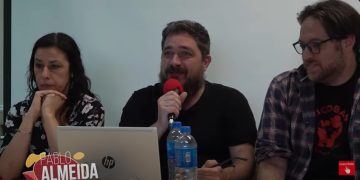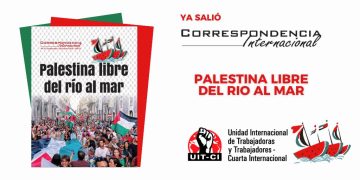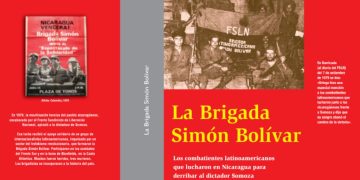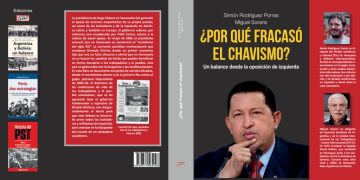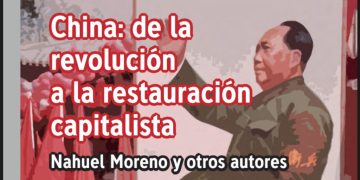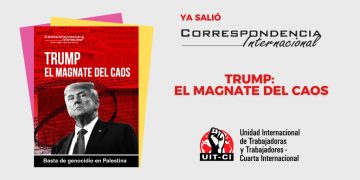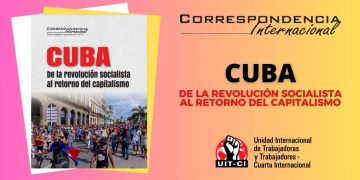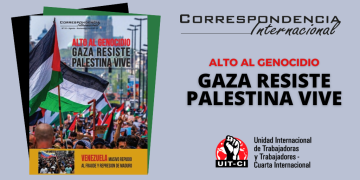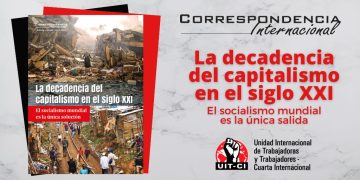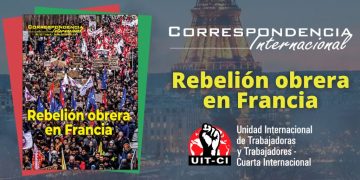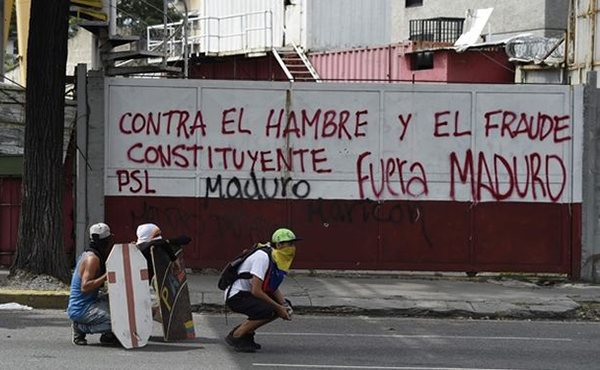 By Simón Rodríguez Porras*
By Simón Rodríguez Porras*
July 5, 2017
Maduro tries to maintain himself in power through military repression but he cannot stifle the protests. The social outbursts continue.
The social struggle has not diminished in these twelve weeks. The violent repression of the peaceful protests of April 19 in Caracas precipitated a process of popular rebellion throughout the country, with hundreds of spontaneous demonstrations, lootings, street blockades and violent clashes between crowds who are demanding the departure of Maduro, and the police forces, the military and paramilitary groups of the PSUV.
Under the auspices of the repressive Zamora Plan, universities and residential areas have been searched arbitrarily, thousands of protesters have been injured and detained, dozens have been tortured and more than 60 people have been killed by the repressive forces according to official figures from the Public Ministry. The Government has responded to complaints by General Attorney Luisa Ortega Díaz by opening a trial against her, freezing her bank accounts and banning her from leaving the country. It is an unprecedented crisis of the state apparatus during the Chavista period. In order to bypass the judicial system, the government brings hundreds of detainees to the military courts, such as the 27 UPEL students detained on July 2 in Maracay.
Indicating that repression is his principal strategy facing the crisis, on July 1 Maduro decorated the former commander of the Bolivarian National Guard, Antonio Benavides, who was recently appointed head of government of the Capital District, and he promoted Gustavo González, Director of the Sebin, the political police, as General Army Commander. Both of them are graduates of the criminal Yankee School of the Americas. However, there are also signs of demoralization and crisis in the repressive bodies. More than ever, it is necessary to call on the police and military agents to disobey orders to repress.
Despite having no political leadership, those suffering the greatest hardship under new fiscal adjustment policies are coming out with strength. The popular neighborhoods of El Valle and La Vega in Caracas are struggling with great force and independently from the MUD, the opposition coalition composed of parties ranging from the center left to the right. Even when the MUD calls on mobilizations, in efforts not to be completely surpassed by popular forces, it does not control or direct the situation. But the masses define their own actions. Thousands came out in great numbers in the western city of Barquisimeto, to protest during the last week of June, despite the repression in which four people were killed and dozens wounded. Contrary to MUD directions to carry out a two-hour strike, Maracay’s popular communities, 110 kilometers from Caracas, imposed an indefinite regional strike and the protests became looting in much of the southern areas of the city. The MUD publicly condemned the spontaneous protests, calling them «vandalism.»
The leaders of this partisan bloc try to deflect and contain the protests, in addition to taking advantage of them to pressure the Government for an electoral exit. These are buorgeois politicians who are hostile to social outbursts for their potential for rebelliousness and irreverence before the property of merchants and businessmen. Community organizations are beginning to emerge to organize the fight against the Government and defense from repression. Despite the defeats suffered by the workers’ movement at the hands of Chavismo, it is urgent that the workers intensify with the struggle and autonomously organize sectoral and regional strikes with a view to a general strike. If this were achieved, Maduro would be acting on borrowed time.
July 30 is the date set for the fraudulent election of the Constituent Assembly. Only the parties that support the Government will take part. Having lost the popular vote by a wide margin, Maduro would still achieve the majority: the more populated urban municipalities would have as much representation as the lesser populated rural municipalities, where the pressures of the PSUV’s clientelistic and repressive apparatus count for more. The 364 «territorial» assemblies are joined by 181 «sectoral» representatives representing businessmen, workers, indigenous people and other sectors defined by the Government. The electoral rolls of these sectors have been elaborated by organizations controlled by the PSUV, such as the communal councils, the trade union confederation and the local councils of supply and production. If the election is held, the majority will abstain. The Socialism and Liberty Party (PSL) denounces the constituent fraud and calls for abstention with mobilization on July 30.
For its part, the MUD announced this week the call for a referendum on July 16, to reject the Constituent Assembly, endorse a «government of national union» and the conduct of general elections. This is a manoeuvre to counteract spontaneous protests and divert attention to a political-electoral operation that distracts from the fundamental struggle that the popular sectors are waging in the streets, and in the process props up a reactionary project of unity government among the MUD, dissident entrepreneurs and chavistas.
Everything for transnational corporations, nothing for workers
Maduro has just raised the minimum wage by 50%, bringing it to 95 dollars a month according to the official rate (Dicom) and 32 dollars at the parallel exchange rate. Since Maduro came to power in 2013, the Venezuelan currency has lost 99.7% of its value. The inflationary adjustment of the government, which has generated billions of Bolivars without backing and cut imports from 70 billion dollars in 2012 to an estimated 20 billion for this year, has destroyed wages. The foreign debt is paid with the hunger of the people, more than 60 billion dollars in the last three years, and the transnationals have a feast with the appeasement: Barrick Gold received concessions in the Orinoco Mining Arc, Chevron received concessions for 40 years and Goldman Sachs received U$D 2.8 billion worth of Pdvsa bonds last month, paying just U$D 865 million. In five years these Yankee bankers will multiply by three what they invested and Wall Street has verified that Maduro is willing to squeeze the people to the last drop of sweat and blood to pay the debt.
Maduro pays for the July 4 celebration in the United States
Maduro imposes incredible hardships on the population while throwing away dollars in the United States. The scandalous $ 500,000 contribution to Trump’s inauguration through Citgo, a subsidiary of the state oil company PDVSA, is now adding to the funding for the July 4 celebration in Houston. The Independence event, called Freedom Over Texas, will be sponsored by Citgo for $ 625,000. The Venezuelan Government has also contracted the services of the lobby firm Avenue Strategies, which will be paid about $ 300,000 a year for its intermediation with the Trump Government. The false Chavista anti-imperialism is exposed once again.
* Member of the Socialism and Liberty Party (PSL), Venezuelan Section of the International Workers’ Unity – Fourth International (IWU-FI/UIT-CI)








